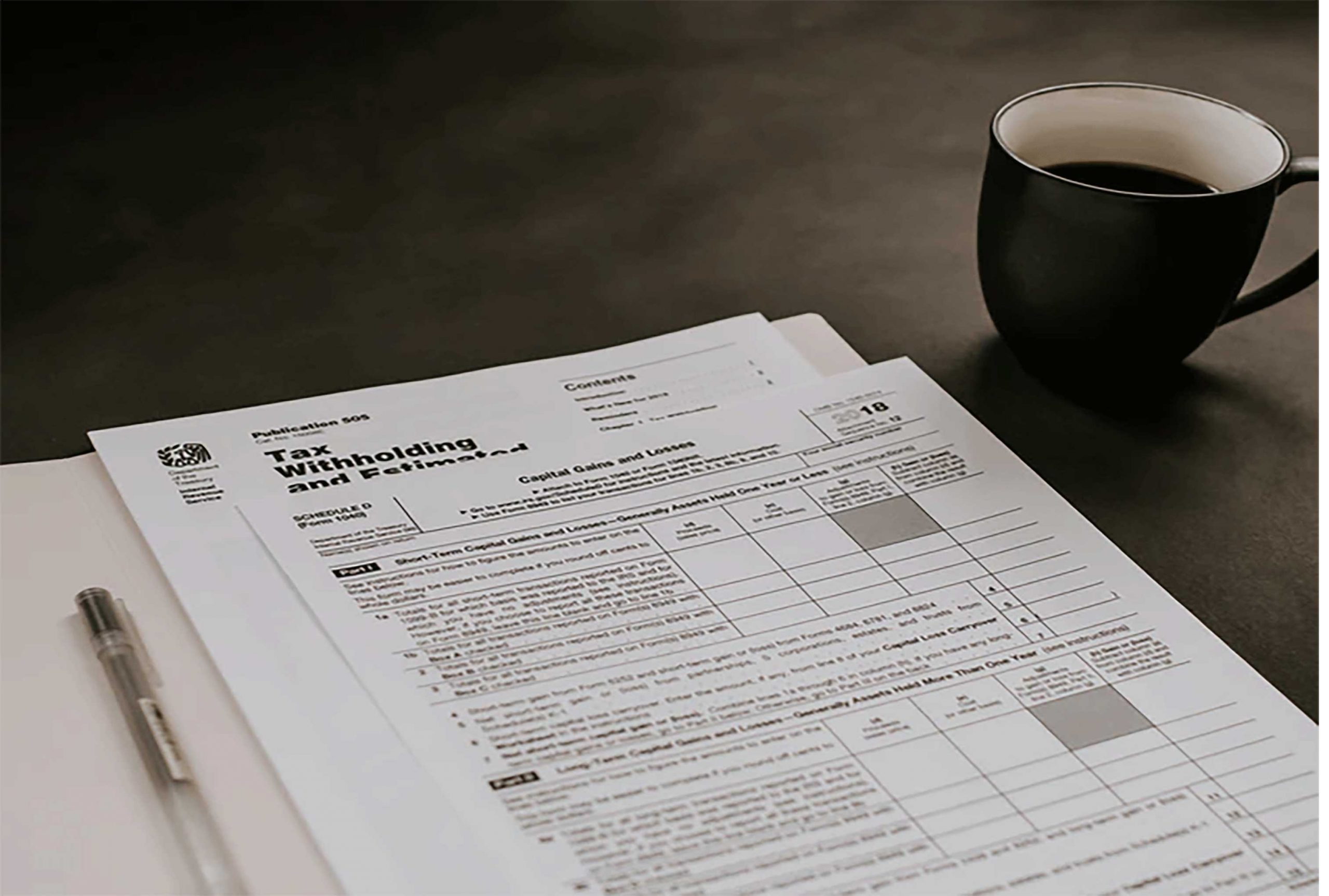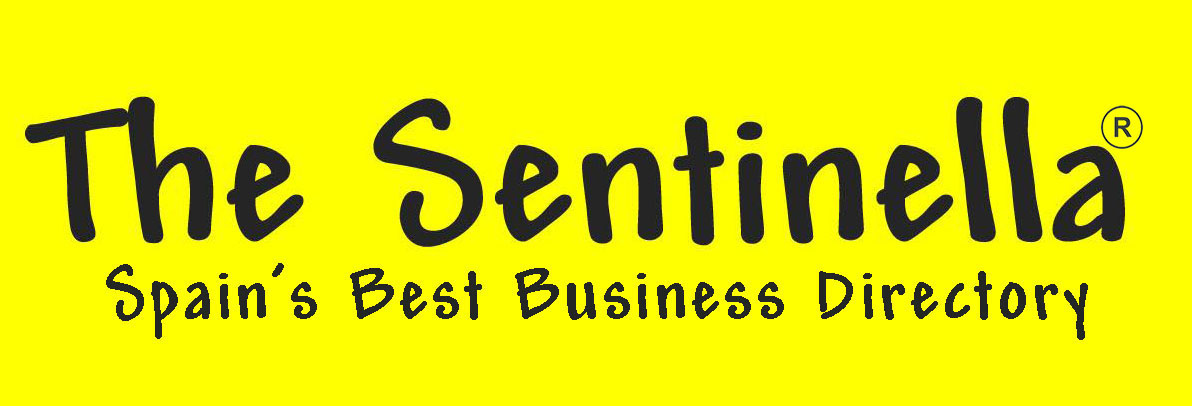Types Of Business Structure In Spain
If you are considering opening a business in Spain, there are a number of different business structures to choose from. For most people the first step may be to simply go self-employed, which is called being “autónomo”. A huge number of Spaniards work under this “regime”.
You could also look to set up a company. The most common well known of the types of company structure are the S.L. (Sociedad Limitada or private limited company) and S.A. (Sociedad Anónomia or public limited company). We often see those letters after the names of companies.
Having said that, there are other types of company structure such as cooperatives, of which the members are the owners, and the Sociedad Civil, which is like business partnership.
Liability
If someone were to sue your company, an S.L. or S.A. would have limited liability; only the assets of the company would be at stake. The person would be suing the company and not you as an individual. But if you are autónomo, you will be personally liable. This is a point in favour of setting up a company. On the other hand, you may not be ready to commit money to company formation and accounting.
 Ask around your local area for a reputable accountant / gestor
Ask around your local area for a reputable accountant / gestor
Setting up an S.L.
If you have decided to set up your own company, you are likely to consider forming a private limited company, and will therefore be considering becoming a Sociedad Limitada (S.L.).
It is a common choice for small and medium sized businesses. The minimum share capital required to set up an S.L. is only 3000 euros compared with 60,000 euros for an S.A. This starting capital could be made up of cash or in a variety of other ways such as property. This capital is divided into shares.
Although you would be advised to ask an expert such as a good gestor to assist you in setting up a limited company, it is not obligatory for an expert evaluation to be made before the company is registered.
The cost of setting up an S.L. is usually about a thousand euros but the costs depend on the complexity of your own particular case.
The first step is to decide on a name for the company, and to check that it is not in use by any other company. This involves a search of the business registry (Registro Mercantil). Once you’ve chosen a name which is not already in use, you apply for a Certificado Negativo de Denominación Social. This accredits that you may use the name you have chosen and that you have the rights and guarantees associated with using it. This name is then used in the articles of association (Estatutos de la Sociedad), which must be drafted and agreed by the shareholders before you can officially form the company by signing them before a Notary.
Unlike a freelancer or self-employed person, an S.L. has its own legal personality which is separate from the legal personalities of the shareholders. It therefore requires its own fiscal identification number (CIF), which you must apply for at the Tax office. This will not be the same number as your own NIE or DNI as you and your company are legally two different entities.
The company must be registered in the province in which it is located, and a tax which is sometimes referred to as a stamp duty must be paid (Impuesto sobre Transmisiones Patrimoniales y Actos Jurídicos Documentados). If you have a brand name for your company, this is also the time to register it at the Patents and Brands office (Oficina Española de Patentes y Marcas) to protect it from being copied.
Companies have to make quarterly tax returns as well as the annual return as well as filing accounts with the Mercantile Register.
Finally, the owner or owners of the company must now register as self-employed (autónomos).
The Autónomo - self-employment
Whether you decide to form a company or work for yourself as self-employed, you will be required to register as autónomo. The system is quite rigid and most people prefer to ask a gestor to help them to set this up.
For a first time autónomo, here are some points to consider.
The first step is to choose the activity you are going to work in. You cannot simply decide to be self-employed and do whatever work of whatever type that comes your way. You must choose from an official list of types of economic activity the one or ones which you will be carrying out, and only carry out the chosen activity. If you believe that you will be working in two or more different activities, you will have to register them both or all.
Most of these economic activities require you to register for VAT (IVA) too. Unlike in the UK, where you become VAT registered only when your turnover reaches a certain level, in Spain the question of whether or not you need to be registered for IVA is decided for you by the line of business in which you work.
Being autónomo means that you must pay social security contributions by direct debit every month. These are quite high, and although for first time self-employed or people returning to self-employment after a break there is a discount, the fee soon rises. However these social security payments can be deducted from your tax returns as expenses.
You must also make quarterly declarations to the tax office, and your annual tax return at the end of the fiscal year. Whether you have had to register for IVA or not, most people find making these submissions very difficult, and turn to a gestor to help them. The gestor’s fee is also deductible as an expense.
Your clients must be billed with invoices (facturas). These must state your name and fiscal ID such as NIE as well as the name and fiscal ID of your client, or they will not be acceptable to the tax office.
If you are billing another company or self-employed person, you must also deduct tax from your bill.
Here is an example:
Activity: English classes to a company...200 euros
Minus tax deducted (menos IRPF) 15% … 30 euros
Total to pay … 170 euros
And if you have to charge IVA:
Activity: Repair to oven…200 euros
plus IVA 21% …42 euros
minus tax deducted (menos IPRF) …30 euros
Total to pay …212 euros
(made up of 200 minus 30, plus 42 euros)
If you have expenses, you should always make sure that you get invoices (facturas) which contain your name and fiscal ID because without that fiscal information you cannot present these invoices or receipts to claim those expenses against your profits.
Every three months you are likely to have three bills to pay:
1. Your gestor’s fees - some gestors will make a monthly charge instead.
2. IVA (whatever you have added onto the bills you have sent out, minus the IVA you have paid when paying for goods and services you have bought).
3. Income tax. If you have deducted IRPF from your bills, you have most likely paid either all or most of the tax you owe, and sometimes even too much. This will also depend on the expenses you have incurred which will reduce your profit.
It is difficult to stress how much you may need to rely on an expert such as a gestor to help you. Many if not most people do not attempt to submit tax returns or make registrations at the tax and social security offices (or online) themselves.
Although being autónomo gives you a sense of freedom in one way, it is also expensive and the paperwork can be complicated.


 Danish
Danish Dutch
Dutch French
French German
German Spanish
Spanish


